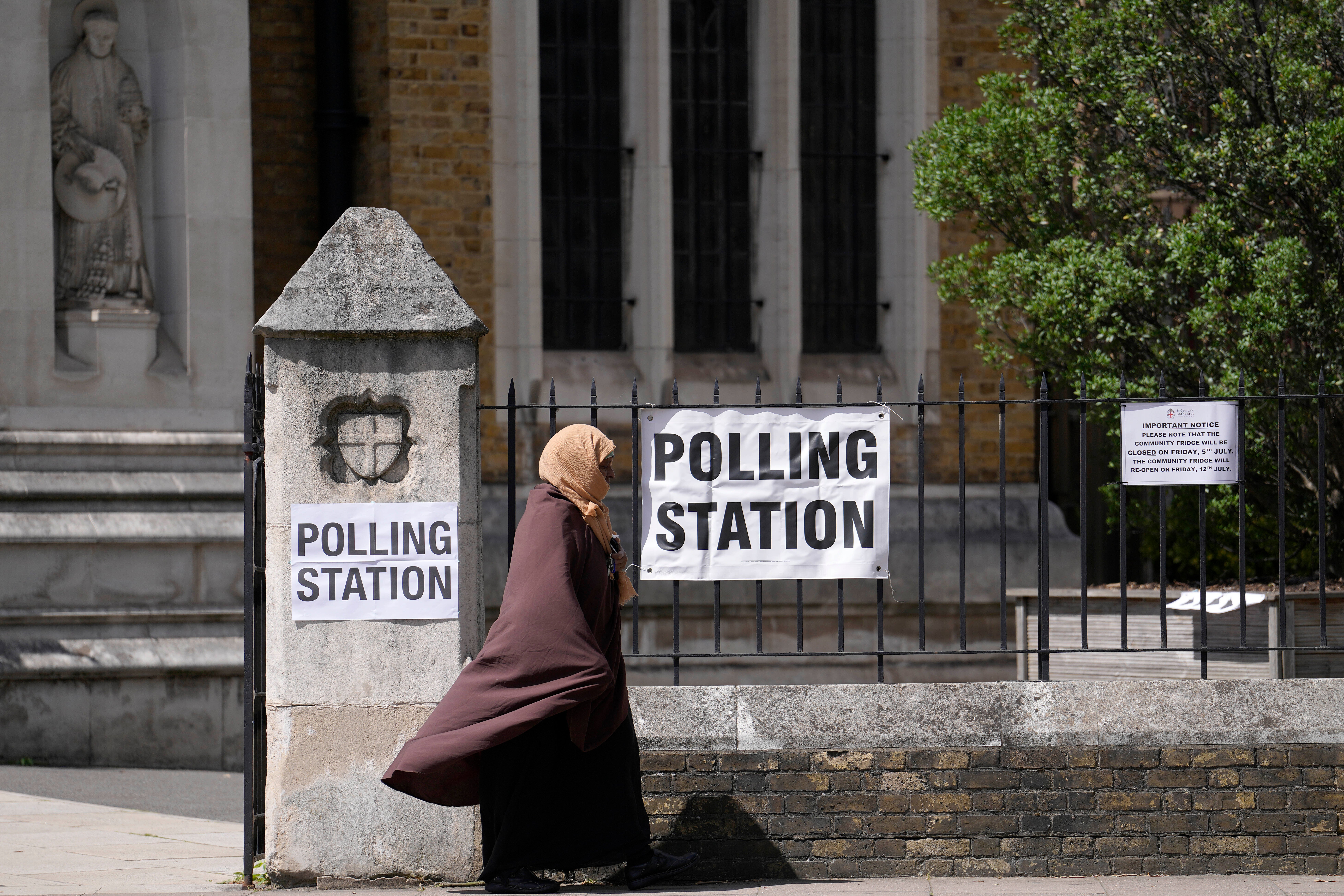Electoral reform and proportional representation: Ask political commentator Andrew Grice anything
Political columnist Andrew Grice is here to answer your questions on the alternatives to first-past-the-post and whether there’s enough appetite for reform in Westminster


Your support helps us to tell the story
From reproductive rights to climate change to Big Tech, The Independent is on the ground when the story is developing. Whether it's investigating the financials of Elon Musk's pro-Trump PAC or producing our latest documentary, 'The A Word', which shines a light on the American women fighting for reproductive rights, we know how important it is to parse out the facts from the messaging.
At such a critical moment in US history, we need reporters on the ground. Your donation allows us to keep sending journalists to speak to both sides of the story.
The Independent is trusted by Americans across the entire political spectrum. And unlike many other quality news outlets, we choose not to lock Americans out of our reporting and analysis with paywalls. We believe quality journalism should be available to everyone, paid for by those who can afford it.
Your support makes all the difference.It’s almost been a month since Labour’s historic election victory, which sparked renewed conversation about electoral reform.
Even a fleeting glance at July’s election results confirms Britain’s first-past-the-post system can produce disproportionate outcomes.
Labour scored about 35 per cent of the popular vote – modest by historic standards – but managed to secure 63 per cent of seats in the House of Commons, and thus also a landslide 174-seat majority.
Given the low turnout of 60 per cent, it means only about one in five adult Britons actively voted for Keir Starmer’s programme of change. Starmer is governing the country with just about the lowest share of the vote of any administration since 1923.
Many political parties have called for electoral reform over the years. Reform UK loudly claims the system is “broken” and the Liberal Democrats have long argued first-past-the-post robs millions of voters of their voice.
During the recent campaign, even Conservative commentators had raised questions about how governments can wield great power on a comparatively weak mandate.
It’s hard to imagine a government that has won a huge majority under first-past-the-post system changing it. Politicians don’t give up power voluntarily. But might a people’s revolt eventually force their hand?
And what are the other options on the table should Britain choose to revamp its voting system?
If you have a question on electoral reform or proportional representation submit it now, or when I join you live at 12pm on Friday 2 August for the “Ask Me Anything” event.
Register to submit your question in the comments box under this article.
Scroll down or click here to leave your comment.
If you’re not already a member, click “sign up” in the comments section to leave your question. For a full guide on how to comment click here.
Don’t worry if you can’t see your question – they may be hidden until I join the conversation to answer them. Then join us live on this page at 12pm as I tackle as many questions as I can.
Join our commenting forum
Join thought-provoking conversations, follow other Independent readers and see their replies
Comments